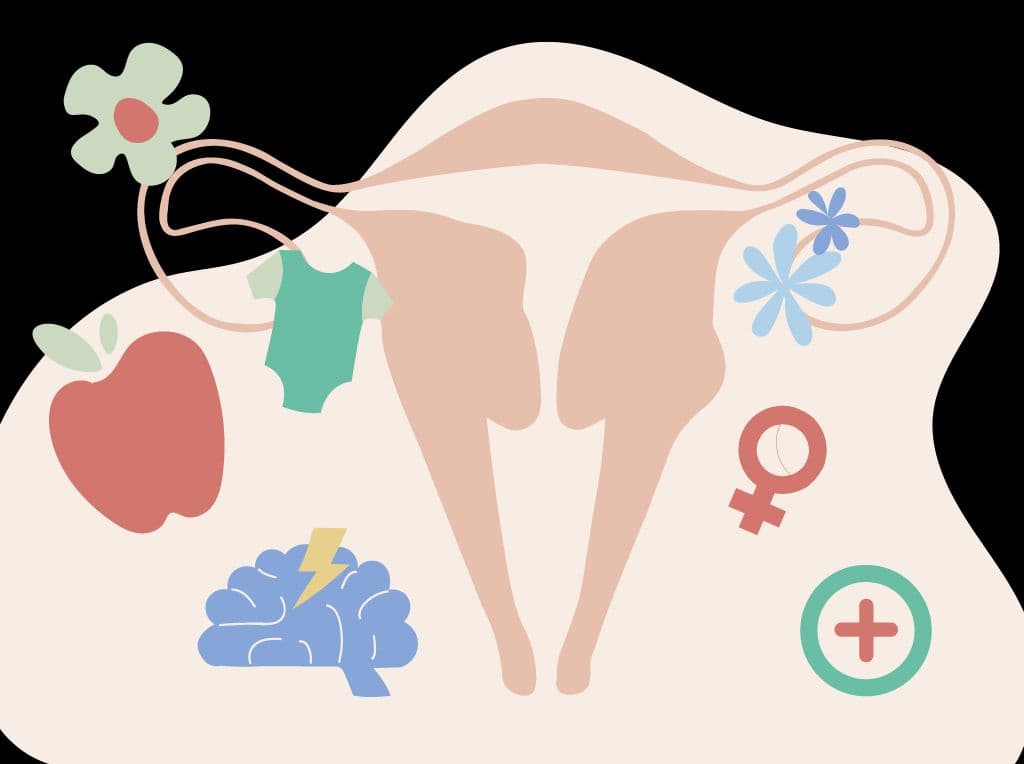The course of a new year has been altered due to Covid-19, and people all around the world have found themselves fighting the pandemic in their own ways. While some of them are struggling with economic difficulties, some have found it hard to adjust to the social isolation necessary to curb the virus. What was going to be a new start for young mothers everywhere in 2019 has turned out to be something of a nightmare in 2020. Looking after a newborn baby is a task unto itself, but with the additional stress of an easily transmitted virus, pregnant women everywhere are finding it difficult to process the joy of motherhood.
Due to Covid-19, hospitals all over the world are coming up with additional precautions to keep the infection from spreading. Dr. Preeti, a gynaecologist from a reputed hospital in Bengaluru, said that it is very easy for a hospital to become a hotspot of the virus. “This happens mainly because the patients do not reveal their travel history or contact history to us. And it is all the more difficult since they could be asymptomatic,” she said. This enables the hospital staff to treat anyone who enters the hospitals as potential carriers. Working as a gynaecologist in a general hospital, it is imperative that they take further precautions. “We, the doctors, are to wear face shields or masks constantly, change our gloves after each examination, wash our hands more rigorously each time after a consultation.”
Sylvia, an expectant mother, said that what she fears most during this time is the lack of adequate healthcare she receives. “Talking to the police and getting a pass to go to the hospital scares me, because I don’t know if I’ll receive the right care at the right time,” she said. Sylvia’s hospital, a maternity hospital is not fully functional at this time. As stressful as this is, she is reassured by the care taken by the nurses and the staff of the hospital. “Though the number of doctors have been reduced, I have my doctor on call for any questions I might have. There is also a duty doctor available for any emergencies, either with regard to the baby or me,” she said.
Sylvia’s husband is not allowed inside the hospital for her routine check-ups, except for any decisions that need to be made. One decision that they had to make was booking rooms for after the delivery. “Initially I wanted a semi-private room, since it is more cost-effective. But with the current situation, I did not want to take a risk,” she said. When it comes to a new-born baby and a new mother, infections are easy to contract.
Another concern that she has is the childcare support that most Indians look for after the birth of a baby. “We cannot get a person to look after the baby as they are at risk because of travelling. It is difficult to look after the baby with minimal resources, and since I was under the impression that the lockdown would have been lifted by the time I gave birth, I did not prepare beforehand.” Mary, Sylvia’s mother, is more stressed than the mother-to-be. “I am much older now, and it is easier for me to catch the infection as well. And we cannot avoid going outside, as we have to buy certain essentials, especially considering the situation. The period immediately after the birth is very crucial, and now, it is going to be much harder,” she said.
Another new-mother, who gave birth to her daughter just last week in Washington DC, United States of America, has been preparing herself and her parents, since the latter are not allowed to visit her. There had been fears that some hospitals in the US might dissuade even the father of the child from entering the hospital during the delivery. However, when the time arrived, her husband, Suganth was allowed inside for the delivery. The mother and her child were kept in a separate ward for three days after the delivery, post which they were sent home. Chinmayi’s mother, Shashikala, had been preparing her house for a month prior, ensuring no one visited them during that period, and that her or her husband do not venture out unnecessarily, or without adequate safety. “The no-visitor policy was long known and we were prepared for it. Safety was the main concern for everyone,” she said.
While this is the case in private hospitals, it is a more tedious process to keep the infection from spreading at a general hospital. According to Dr. Preeti, her patients call her asking if they can come in for a routine check-up. “We are only calling women who are in their third trimester to the hospital for check-ups. With the others, we ask them to continue taking iron and calcium tablets through telemedicine, or to go to a local hospital in case of emergencies,” she said.
At the hospital, the patients are first sent to the corona screening centres. “In the Out Patient Department, we maintain social distancing now. We ask them to maintain one-metre gap even when they are waiting outside. We used to use our stethoscopes for examinations earlier, but now we use the hand doppler. And we sanitize it immediately after with sterillium before we use it on another patient,” she said.
It is also crucial for the doctors to take precautions not to carry the virus home to their families. “Even for us doctors, after we deal with a patient, especially if it is a positive case, we take a bath and only then change into our street clothes. We clean our phones and watches with sterillium and then use them,” she said.
Despite all the worry surrounding the virus and motherhood, there is some relief to be found in a study conducted to determine whether the virus can be transmitted from mother to child. The study, which was published in Lancet, a renowned health journal, stated that though the group was small with only nine pregnant women with positive Covid-19, there is no proof available that there exists a possibility of vertical transmission of the virus from the mother to her newborn child, either through a vaginal delivery, or through breastfeeding. The study also showed that pregnant women with Covid-19 infection had few adverse maternal and neonatal complications.
According to World Health Organisation (WHO), the virus has not been found in the samples of amniotic fluid or breastmilk, thereby discouraging mothers to be separated from their newborns. It said that the mothers who tested positive with Covid-19 can breastfeed their infants, but they must follow strict protocol in practising “respirator hygiene during feeding, wearing a mask when possible; washing hands before and after touching the baby; routinely clean and disinfect surfaces they have touched.”
It is a difficult time for everyone in this situation. However, priority should be given to pregnant women, as they are already susceptible to infections and are considered high-risk. Everyone should act accordingly and immediately in emergency situations, especially considering there is new life coming into the world. It is important for everyone to act as one in providing mothers-to-be with the required treatments and help.
ProactiveForHer is a digital clinic for women, offering accessible, personalized, and confidential health-care solutions. We offer products and services for out-patient health concerns of Indian women, across their lifetime - from puberty to pregnancy to menopause. To know more on the sexual and reproductive health of women, visit https://www.proactiveforher.com/

